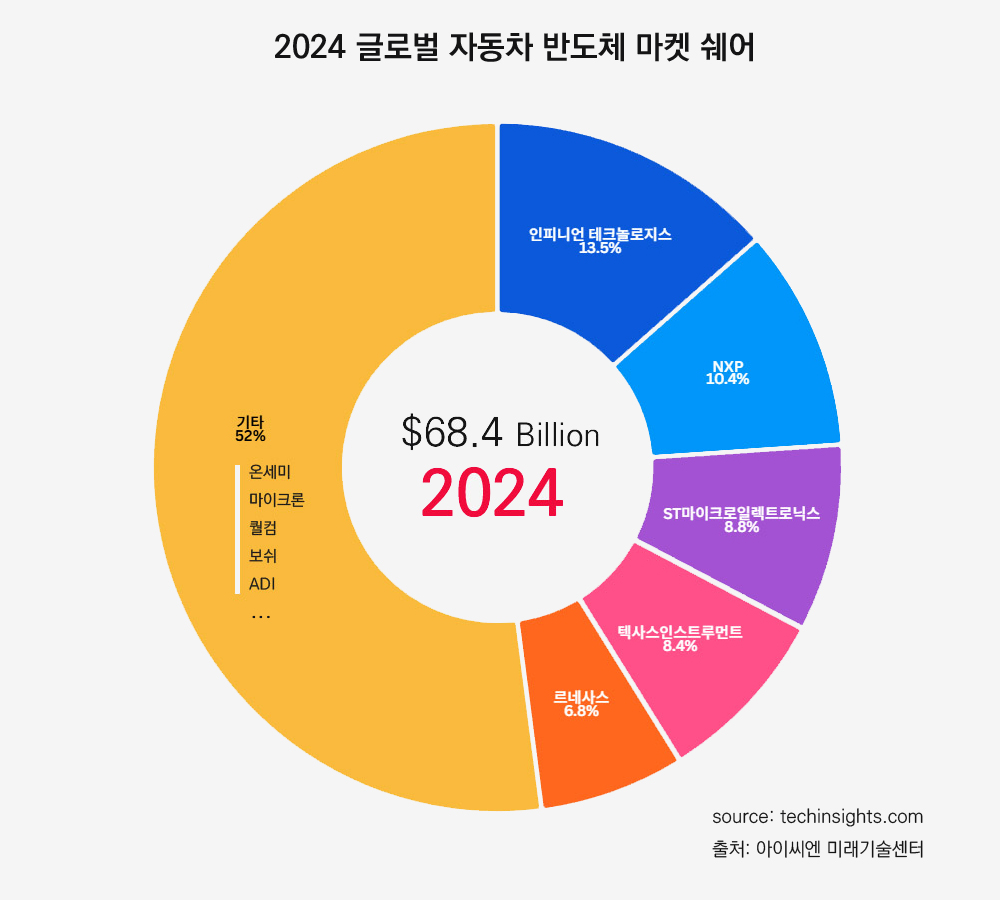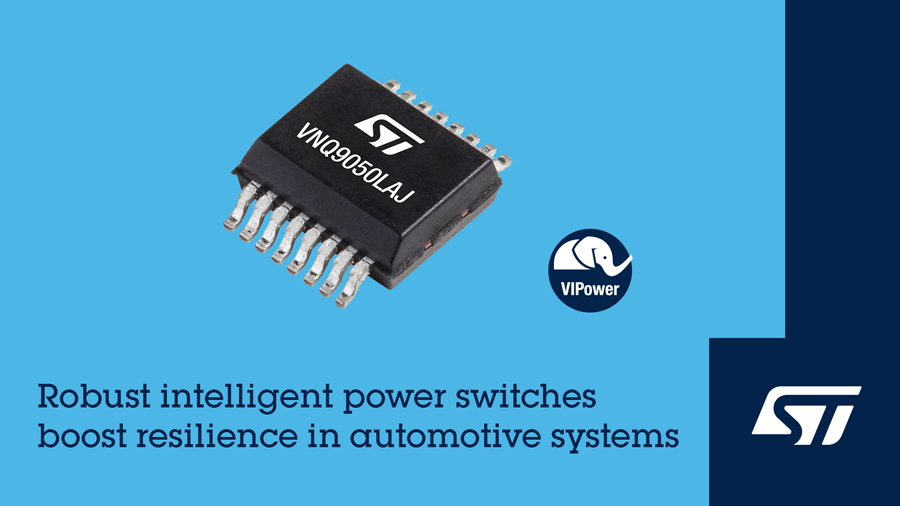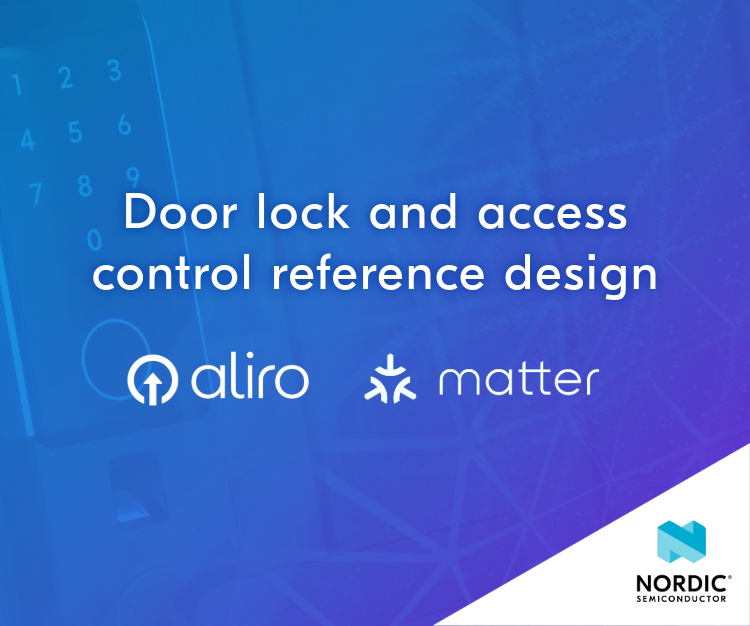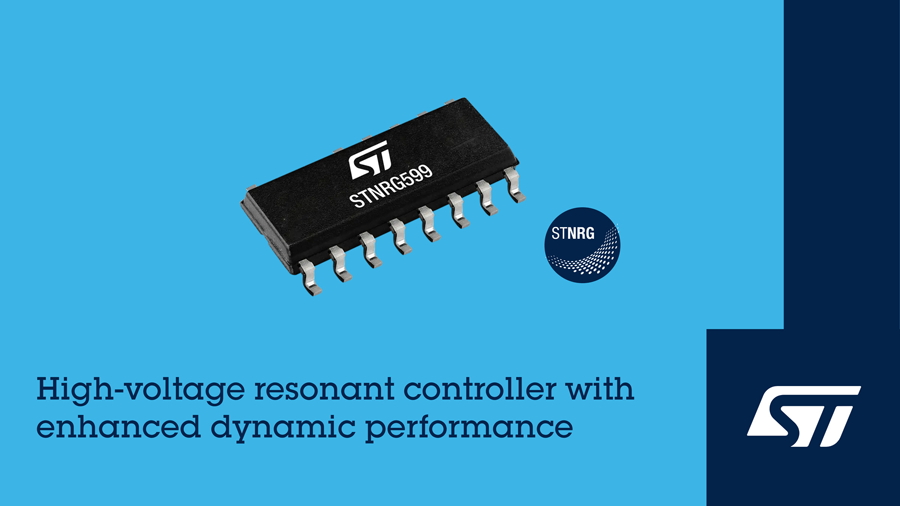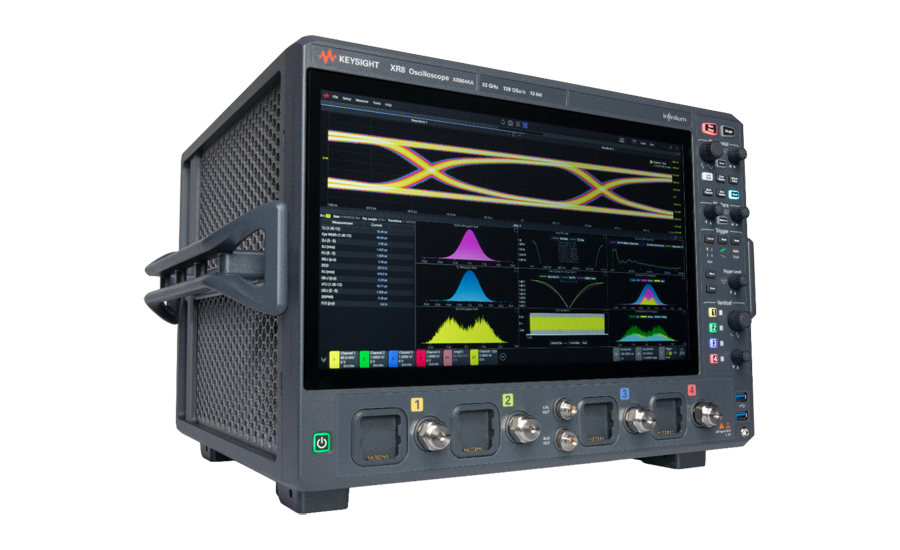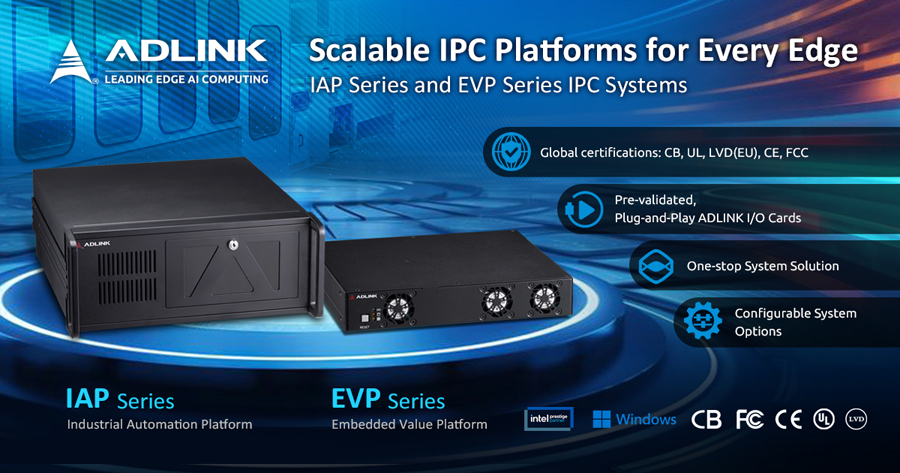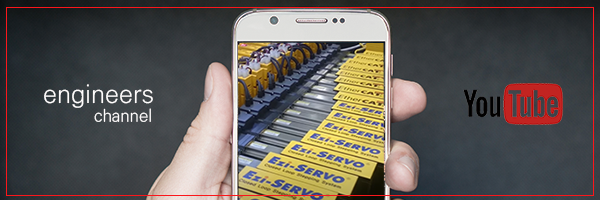The Future of Resource Efficiency DBU Environmental Prize Recipient: Sorted Recycling Through Laser Technology
Of the approximately 4.8 million tons of plastic waste – from household garbage, electronic scrap and old cars – which accumulate in Germany annually, some one-third is mechanically recycled. This does not apply, however, for so-called black plastics. Presently these cannot be sufficiently well sorted and must be, by and large, used to produce energy. The use of black plastics is particularly widespread in the automobile industry, small electrical appliances, and in the packaging industry, and continues to increase. Currently in Germany alone, about 1,000,000 tons of plastic-rich waste from the automobile industry has accumulated, and an additional 400,000 tons from electrical- and electronic devices (EAG).
Definitive material characterization of the recycling material is crucial for successful and efficient recycling. The innovative analysis technology from UNISENSOR Sensor Systems GmbH (Karlsruhe) opens up completely new possibilities for the recycling of metals and plastics, and enables the sustainable recovery of important raw materials. A sorting system based on laser spectroscopy separates even synthetics which were previously not separable with the greatest precision and speed. The plastics are ground into flakes, analyzed in the newly-developed Powersort 360 system through laser spectroscopy, and are sorted using special compressed air nozzles. In this manner both black and dark plastics can be distinctly identified based on their “physical fingerprint” – that is, their optical spectrum – and sorted by type. In particular, polymer polystyrene (PS), acrylonitrile butadiene styrene (ABS), and blends of polycarbonate (PC) and ABS can be efficiently and economically recovered.
Further information at http://www.unisensor.de



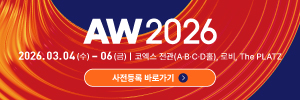




![[기고] 엔비디아 ‘루빈’의 독주를 멈춰라… AMD·인텔의 ‘실리콘 틈새’ 돌파 전략 [기고] 엔비디아 ‘루빈’의 독주를 멈춰라… AMD·인텔의 ‘실리콘 틈새’ 돌파 전략](https://icnweb.kr/wp-content/uploads/2026/03/NVIDIA-RUBIN-platform-and-whang-1024x545.jpg)
![[분석] 엔비디아 ‘루빈(Rubin)’ vs 웨이퍼 공급망: 2026년 AI 패권의 임계점 [분석] 엔비디아 ‘루빈(Rubin)’ vs 웨이퍼 공급망: 2026년 AI 패권의 임계점](https://icnweb.kr/wp-content/uploads/2026/03/NVIDIA-RUBIN-GPU.jpg)

![[산업분석] 메모리 단가 폭등의 수혜: ‘빅3’ 2026년 실적 전망 및 전략 비교 [산업분석] 메모리 단가 폭등의 수혜: ‘빅3’ 2026년 실적 전망 및 전략 비교](https://icnweb.kr/wp-content/uploads/2026/03/Gemini_Generated_Image_memory-Big3-profit-prospect-1024web.png)

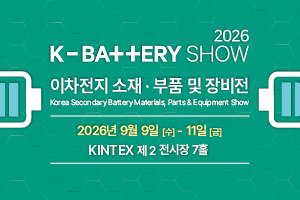
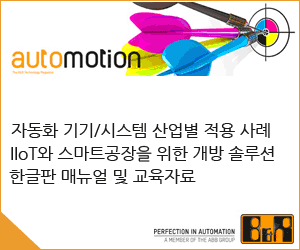
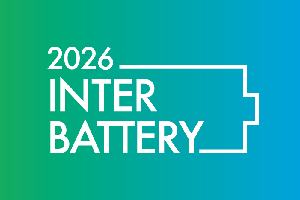
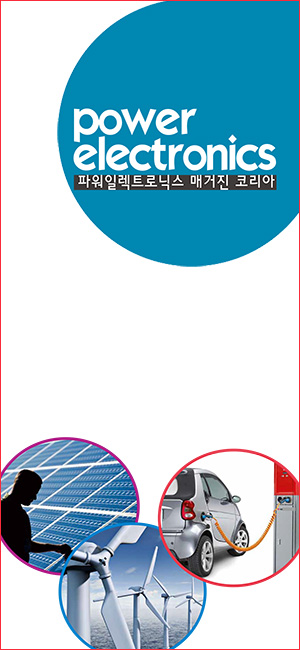
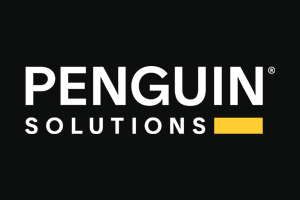
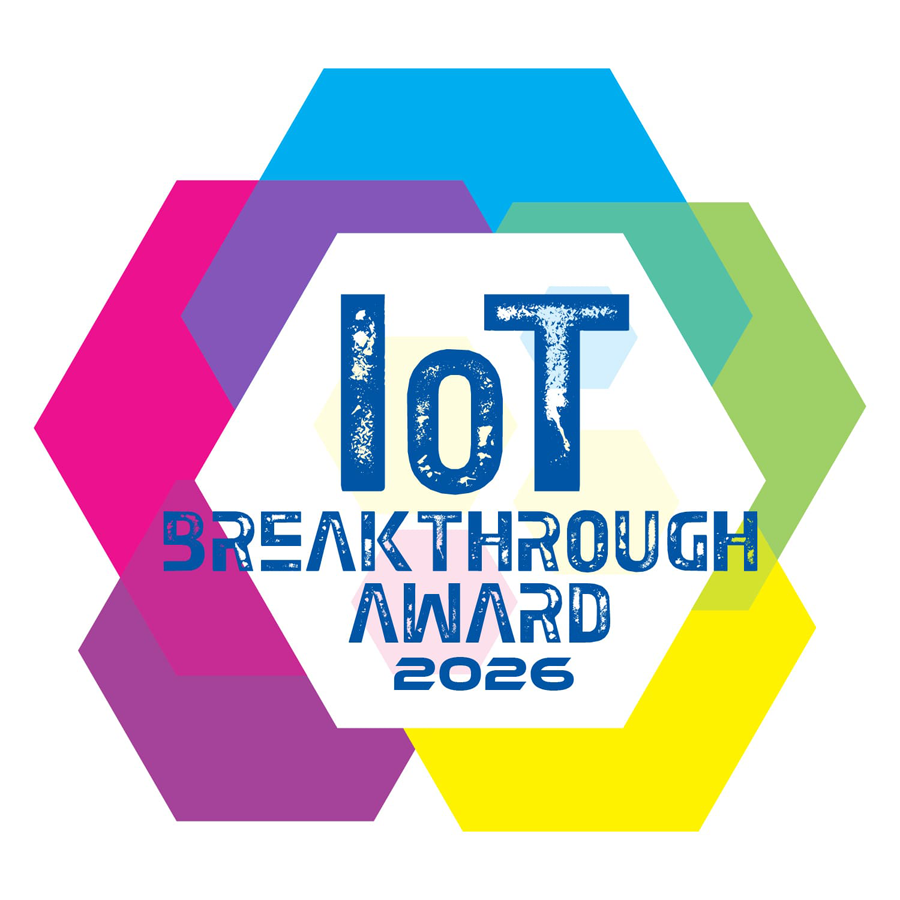
![[피플] “생성형 AI 넘어 ‘피지컬 AI’의 시대로… 2026 하노버메세, 제조 혁신의 해법 제시” [피플] “생성형 AI 넘어 ‘피지컬 AI’의 시대로… 2026 하노버메세, 제조 혁신의 해법 제시”](https://icnweb.kr/wp-content/uploads/2026/02/R41_0775-HM26-von-press-900web.png)
![[이슈] 스마트 제조의 방패 ‘IEC 62443’, 글로벌 산업 보안의 표준으로 우뚝 [이슈] 스마트 제조의 방패 ‘IEC 62443’, 글로벌 산업 보안의 표준으로 우뚝](https://icnweb.kr/wp-content/uploads/2025/07/OT-security-at-automotive-by-Gemini-Veo-1024x582.png)
![[기자칼럼] 제어반의 다이어트, ‘워크로드 컨버전스’가 답이다… 엔지니어를 위한 실전 팁 7가지 [기자칼럼] 제어반의 다이어트, ‘워크로드 컨버전스’가 답이다… 엔지니어를 위한 실전 팁 7가지](https://icnweb.kr/wp-content/uploads/2026/01/generated-edge-AI-4-in-1-01-1024web.png)
![[심층기획] 클라우드를 넘어 ‘현장’으로… 인텔, 산업용 엣지 AI의 판을 흔들다 [심층기획] 클라우드를 넘어 ‘현장’으로… 인텔, 산업용 엣지 AI의 판을 흔들다](https://icnweb.kr/wp-content/uploads/2026/01/Perplexity-image-Edge-AI-industry1b-700web.png)


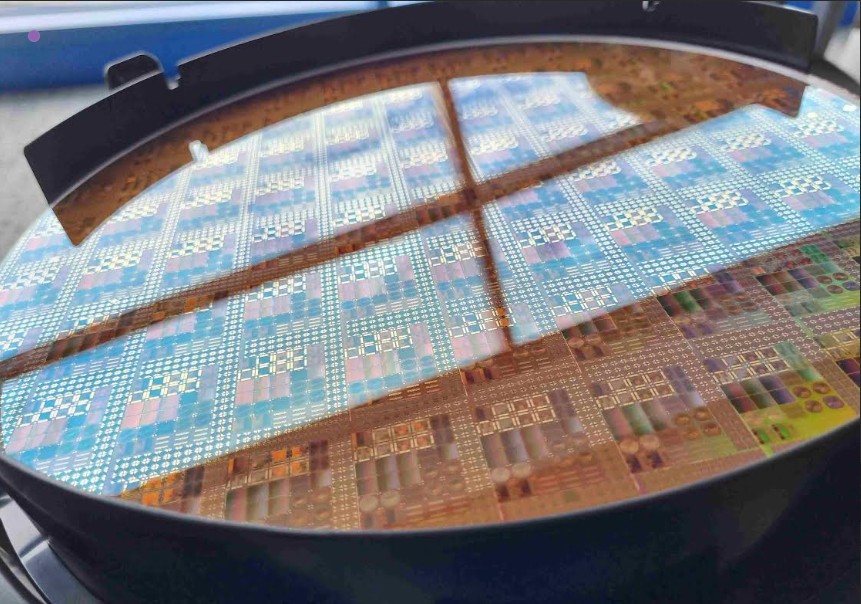
![[그래프] 국회의원 선거 결과 정당별 의석수 (19대-22대) 대한민국 국회의원 선거 결과(정당별 의석 수)](https://icnweb.kr/wp-content/uploads/2025/04/main-image-vote-flo-web-2-324x160.jpg)
